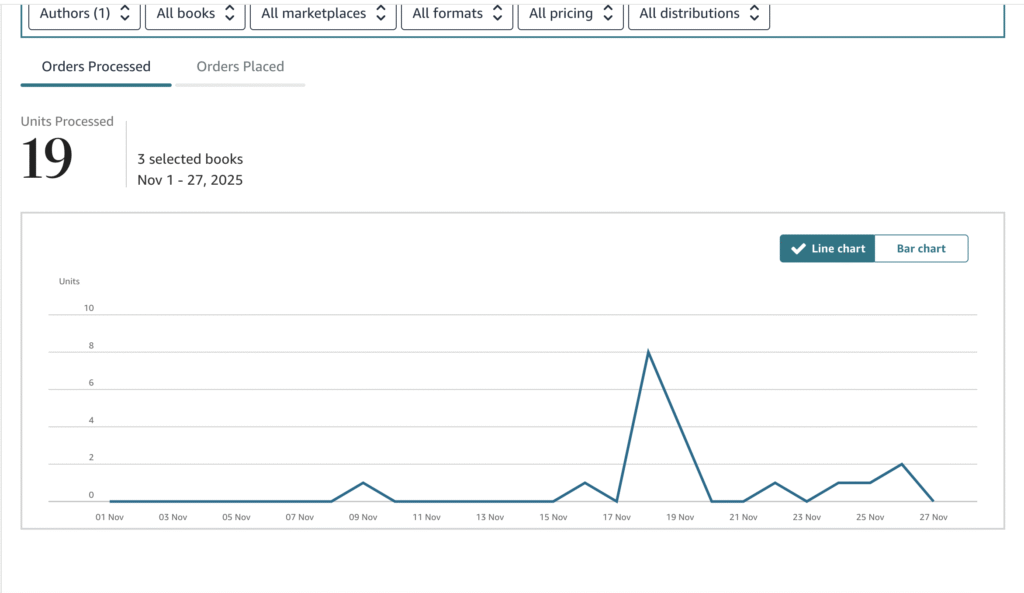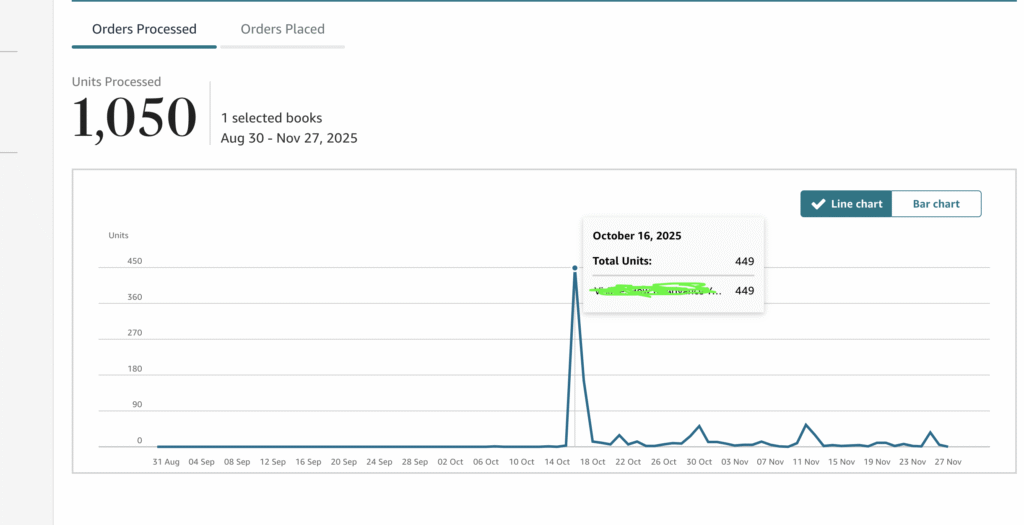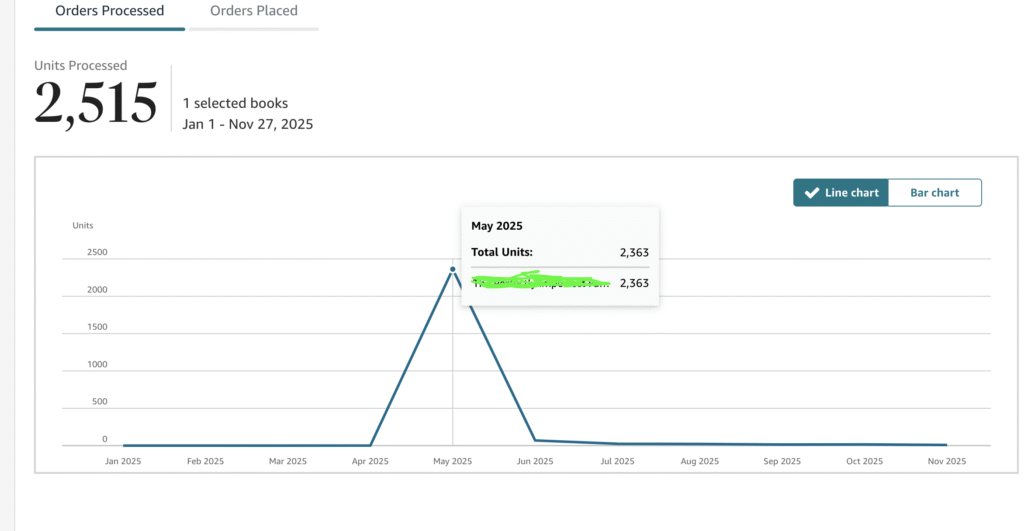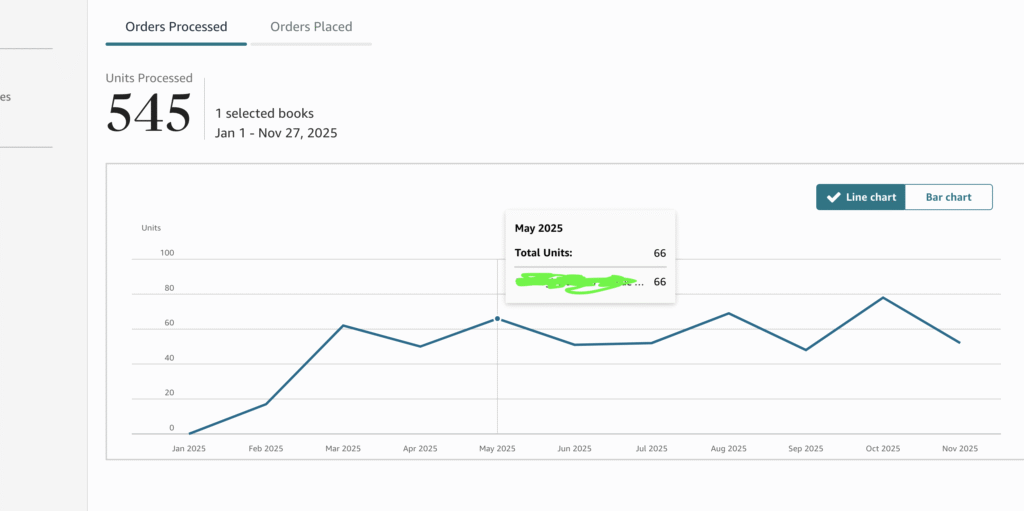Most evenings after work, my father would be outside running the lawn mower, spraying the grass with a garden hose, or spreading Scott’s seed, dandelion killer, or lime by the 50-lb bagful. Come fall, he’d attack the leaves with a rake for hours on end and insist the entire family get involved—which, to be clear, we did not love.
Ask me, that man was obsessed with his lawn. I chalked it up to homesickness—missing the farm chores he’d grown up with in North Dakota. And his need for some alone time, which was smart, because none of us wanted to be out there with him. Reason number 3? Not only was he addicted to the whiskey bottle he hid in the garage, but he was also addicted to the neighbor’s compliments. Had to be. “Wayne, I gotta tell you, that’s one beautiful lawn,” they’d say each time they drove by.
Fast forward to the first time I bought a house. I killed the grass within six weeks. Not because I set out to murder it, but because—despite everything I’d witnessed my father do—I assumed Connecticut rainfall would keep things green on its own. Sure, I bought a lawn mower and ran it over the grass, but the idea of spending hard-earned money on grass seed or fertilizer? Never crossed my mind. It was grass. Part of nature. Nature always takes care of itself, right?
Wrong.
The Marketing Delusion
Here’s the thing: this is exactly how most authors approach book marketing. They believe that having a well-written, professionally produced book plus a few mentions to their social media following should be enough to drive sales. Sales will take care of itself.
Oh sure, these authors see other writers out in the ecosystem relentlessly promoting their books—getting hundreds of their closest friends to talk the book up shortly before release, showing up on endless podcasts like they’ve got nothing better to do, paying for an assortment of ads, hiring PR firms to score magazine mentions and media appearances, spending big bucks on media blitzes, author branding, professional photos… But they chalk that stuff up to people going way overboard when nature should more than do the job.
Spoiler alert: Nature doesn’t do the job. Not for lawns, and definitely not for books.
Let me show you what I mean.
My Recent Experiment (Or: How I Proved Myself Right the Hard Way)
A couple of weeks ago, I released my book Brick by Brick: The No Bullsh*t Guide to Building Books That Get Read. Instead of doing what I recommend as the head of a publishing house, I decided to do what most new authors do because they firmly believe it should be enough.
Here’s what I did:
- Posted daily for six weeks on my three primary social media sites, letting people know my book was coming and giving them insight into what it’s about
- Reported on the upcoming book in my newsletter
- Dropped the introductory price to $1.99 for the Kindle and $9.99 for the paperback for two days to create urgency
- Offered a complimentary 30-minute call with me for the first 50 people who emailed their sales receipt
Basically, I did the bare minimum that sounds reasonable to most first-time authors.
The results? In those two weeks….
I sold fewer than 20 copies.
Want to know how many people emailed me their receipt to claim that free 30-minute call? That’s right. Zero.
Not because my book is terrible—I know it’s not. Not because my audience doesn’t exist—I know they do. But because announcing your book to your existing network, even with incentives, isn’t enough. Not even close.
What Actually Works (Or: How to Water Your Damn Lawn)
Now let me show you what happens when you water your grass, spread expensive seed and fertilizer, and rake those acid-producing leaves off your lawn—with the firm understanding that nature does not, in fact, take care of itself.
One of the things we recommend our authors do is create a launch team. This launch team can either help you drive an Amazon bestseller campaign—which is a whole machine unto itself—or simply drive an initial push in book sales on your release date.
What Is a Book Launch, Really?
A successful book launch is a well-orchestrated event that can significantly impact your book’s reception and sales. It’s a short-term campaign (email- and social media-based) designed to drive sales to your book in a concentrated period of time while gathering the names of these purchasers.
Think of it as a multi-day event that drums up excitement and inspires potential readers to grab your book—often at a discounted price or with a bonus attached—before the deadline. In exchange for these bonuses, if you go that route, folks don’t just buy your book; they give you their name and email address, becoming part of your ongoing audience.
A launch can run before your book is published (a pre-launch campaign) or after publication. The key is putting together your book launch team of raving fans, creating swipe copy they can share, and establishing a mailing schedule so everyone works in tandem. Timing counts.
The Proof Is in the Numbers
Let me show you what happens when an author uses a launch team of about 15 people to drive an Amazon bestseller campaign. These friends—many of whom didn’t have significant email lists or social media followings—all talked about the upcoming book to their friends and colleagues for roughly six weeks.
Notice that this author sold 449 books in one day. And continued selling in the aftermath.
Now look at what happened when another author used a launch team of roughly 55 people to drive an Amazon bestseller campaign. Many of these friends had followings and healthy social media presences, which definitely helps.
Notice this author sold 2,363 books in one day.
But what if you don’t have a launch team? What if you’re truly starting from scratch?
This is where paid advertising comes in. Here’s what running an Amazon ad campaign looks like for an author who doesn’t actively talk about their book at all:
This author sells roughly 65 books per month with zero personal effort beyond the initial ad setup and occasional optimization. (Not even going to get into how much money this author has made off the back of this book!)
The Bottom Line (Or: Why Your Book Isn’t Special Enough to Market Itself)
Here’s my point, and I’m not going to sugarcoat it:
You may not want to ask people to help you promote your book. Who has time for that? Who wants to be a pest? But if you’re not willing to reach out and create a tribe to lean on, you’re going it alone—and that’s going to be a disappointing ride.
You may not want to spend money on ads or expert help. But if you don’t invest in your book, no one else will either.
It doesn’t matter how well-written your book is, how useful the content, how fancy your cover, or how professional your author photo. None of that matters if nobody knows your book exists.
Nature will not take care of itself.
My father understood something about lawns that I didn’t grasp until I’d already killed mine: consistent effort, strategic investment, and yes, asking the neighbors to admire your work—these aren’t optional extras. They’re the difference between a beautiful lawn everyone notices and a brown patch of weeds everyone ignores.
The same applies to your book.
You can write the best book in your category, hire the best editor, work with a professional designer, and still sell fewer than 20 copies if you’re not willing to do the hard, unglamorous work of actually marketing it.
Or you can water your lawn. Your choice.
But don’t come crying to me






